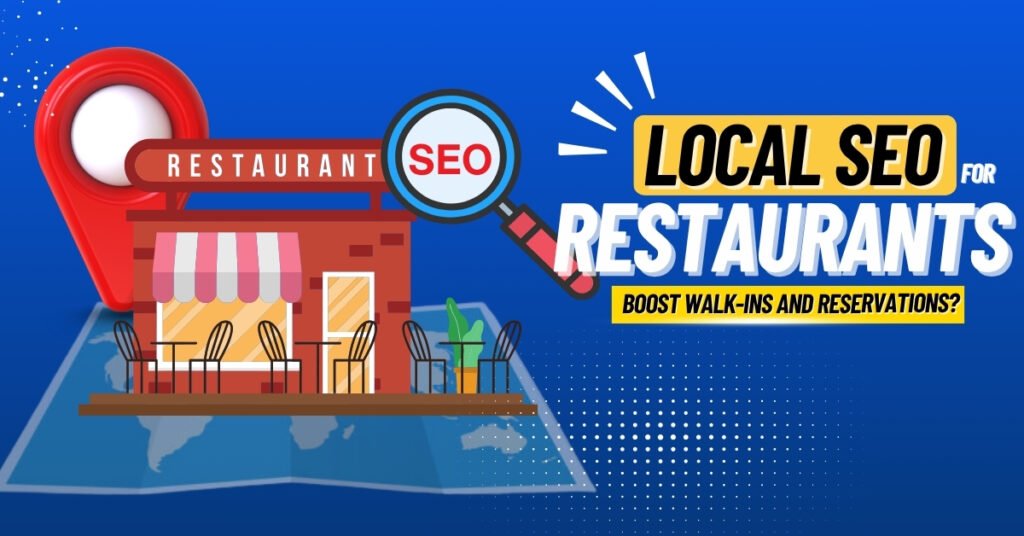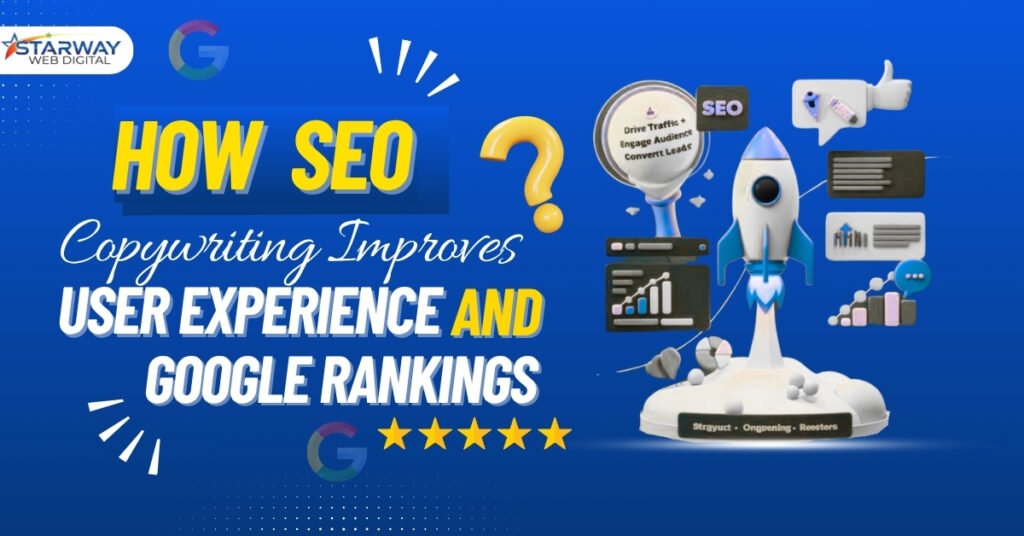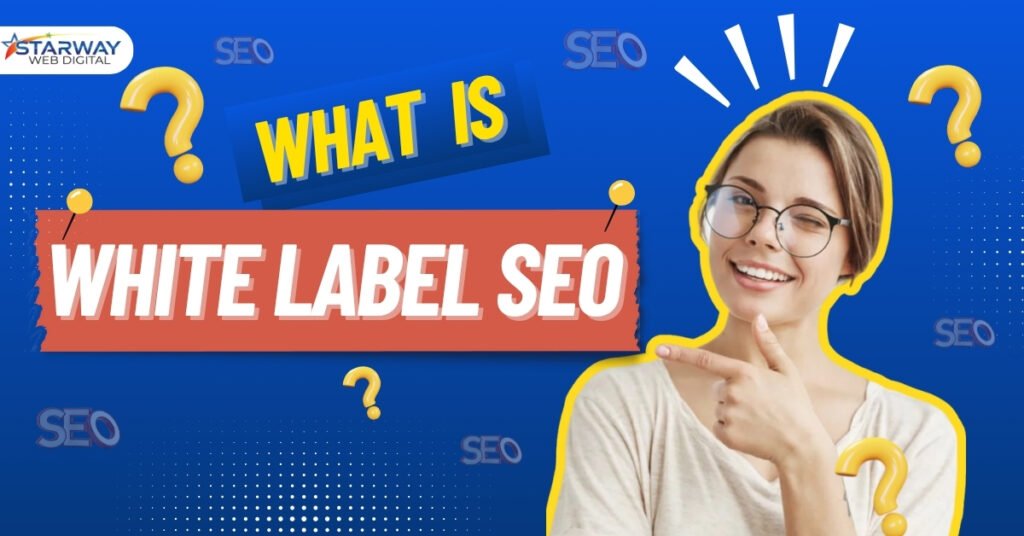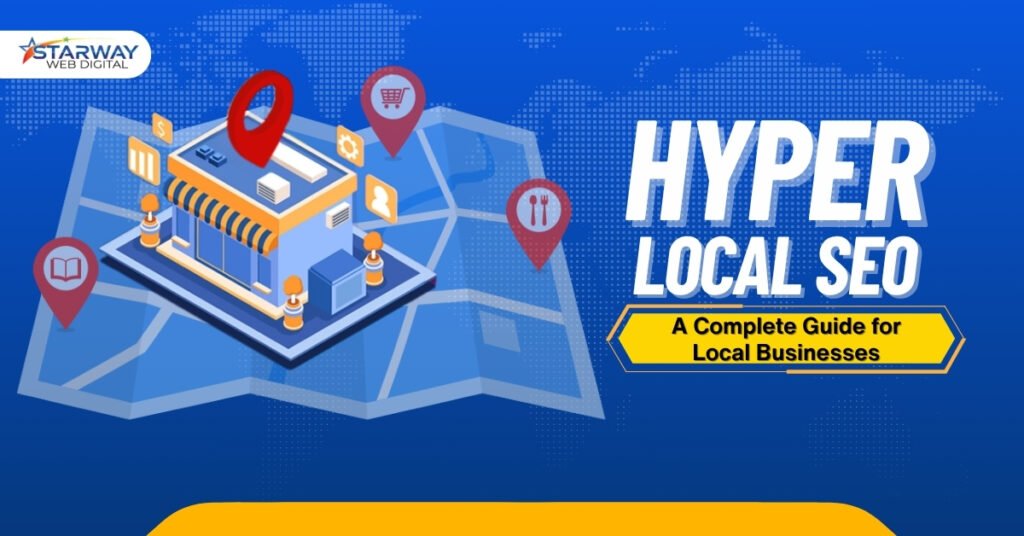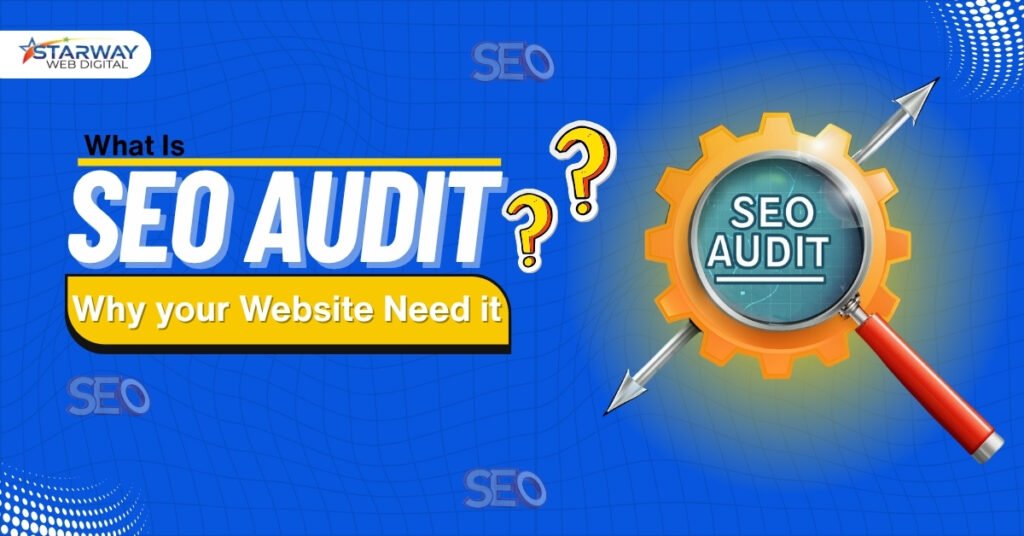SEO for Interior Designers: A Step-by-Step Guide to Ranking Locally
Interior design isn’t just about aesthetics anymore—it’s about visibility. In today’s digital-first world, your dream clients aren’t flipping through magazines to find their next designer. They’re searching Google. That’s where SEO for interior designers becomes essential. Whether you’re a solo interior stylist or run a full-fledged design firm, this guide will walk you through the local SEO strategy you need to get discovered, get clicks, and get booked. Step 1: Optimize Your Google Business Profile Start where your clients start—Google Maps. A fully optimized Google Business Profile helps you show up when someone searches for “interior designer near me.” Tips: This is a major part of your local SEO foundation. Step 2: Do Local Keyword Research You’re not just competing for “interior design”—you’re targeting “interior designer in [Your City]”, or even more niche terms like “modern condo interior design NYC.” Use tools like: Target long-tail, location-based keywords and naturally weave them throughout your site. Sprinkle in related LSI keywords like home decor solutions, interior styling, and furniture layout planning. Step 3: Make Sure Your Website is SEO-Friendly A beautiful site means nothing if it loads like a sloth on dial-up. Here’s what you need to check: This is where technical SEO comes into play—getting your behind-the-scenes performance optimized so Google actually trusts and ranks your site. Step 4: Nail Your On-Page SEO Each service page or blog should be its own SEO powerhouse. Here’s your interior designer SEO checklist: Good on-page SEO ensures every part of your website works hard to pull in traffic. Step 5: Create Local Content That Ranks Blogs are more than pretty words—they’re an SEO magnet. Post ideas include: This helps you target geo-specific keywords, showcase your expertise, and feed the content-hungry Google algorithm. Step 6: Build Local Backlinks Backlinks are like digital word-of-mouth. The more reputable local sites link to you, the more search engines trust you. Where to get them: A strong backlink profile is part of every successful SEO audit. Step 7: Track, Measure, Improve What you don’t track, you can’t improve. Use tools like: Run a regular SEO audit to identify what’s working and what needs tweaking. Why Interior Designers Need SEO Now More Than Ever Let’s be honest—your competition isn’t just in magazines anymore. They’re online, they’re optimized, and they’re showing up on the first page of Google. If your name’s not there, you’re invisible. That’s where a strong SEO strategy becomes non-negotiable. From ranking in local searches to showcasing your work through optimized content, SEO for interior designers helps you attract more of the right clients—without burning cash on ads. Need Help Optimizing Your Interior Design Website? At Star Way Web Digital, we specialize in helping creative professionals like interior designers get found, get noticed, and get clients through smart, tailored SEO services. Whether you need a full SEO audit, local SEO support, or just want to improve your on-page SEO, we’re here to help you design your digital presence with intention. Let’s turn your online presence into your best portfolio piece.
SEO for Interior Designers: A Step-by-Step Guide to Ranking Locally Read More »



